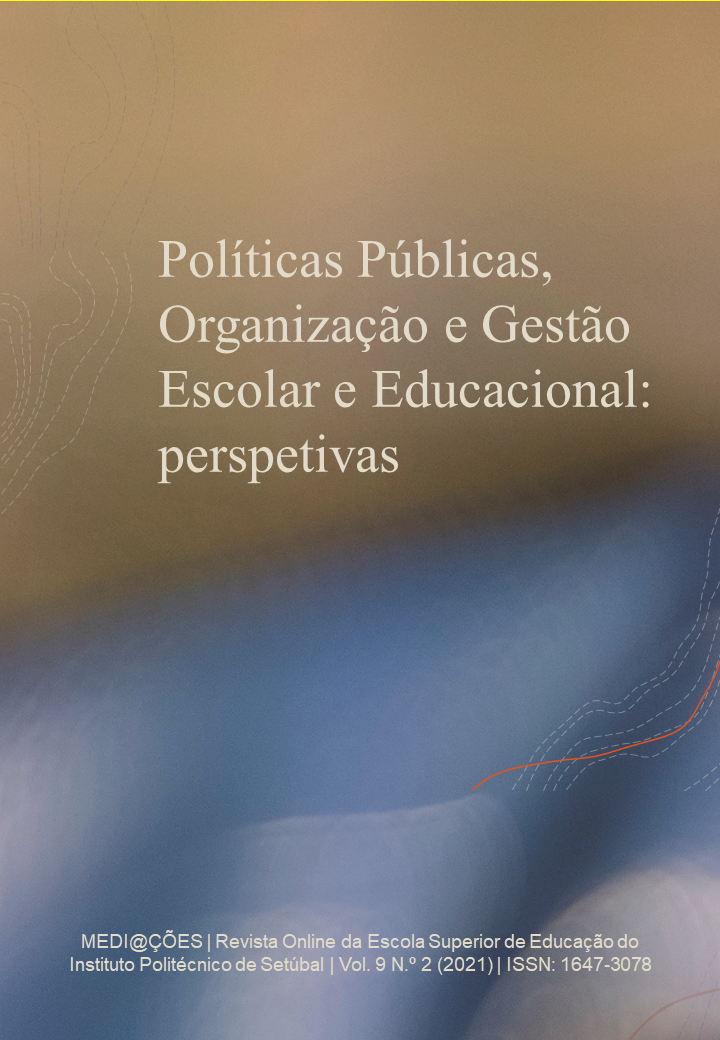Educação e pandemia: desafios e constrangimentos das políticas emergentes
Contenu principal de l'article
Résumé
Esta investigação procurou conhecer e debater as políticas educativas emanadas pela tutela, e os desafios da sua operacionalização a nível micro, em tempos de pandemia da COVID-19. As orientações emergentes do Ofício Circular n.º 5.0.0-53/2020, que instituiu o Ensino a Distância (EaD) com recurso às metodologias digitais, como a modalidade mais adequada à situação vivida, e ainda as diretrizes da Resolução do Conselho de Ministros n.º 53-D/2020 que estabeleceu as medidas excecionais e temporárias para a organização do ano letivo 2020/2021, no âmbito da pandemia da doença COVID-19, entre outros, constituíram-se arcaboiço legislativo do design dos ambientes virtuais de aprendizagem. A partir de um inquérito por questionário, desvelamos, na voz dos professores, os caminhos percorridos ao nível da operacionalização dos Planos de Ensino a Distância, (E@D). Foram inquiridos 100 professores e educadores de diversas escolas da Região Autónoma da Madeira (RAM). Concluiu-se que a suspensão das atividades letivas impulsionou o surgimento dos Planos de E@D adaptados às realidades dos contextos, e ainda, que a resposta emergencial foi a possível, reconhecendo-se necessária a adoção de novas abordagens assentes no paradigma da educação digital em rede.
Renseignements sur l'article

Cette œuvre est sous licence Creative Commons Attribution 4.0 International.
La revue en ligne Medi@ções demande l'accord avec la déclaration de copyright.
Tous les contenus sont sous licence conformément à Creative Commons Attribution 4.0
